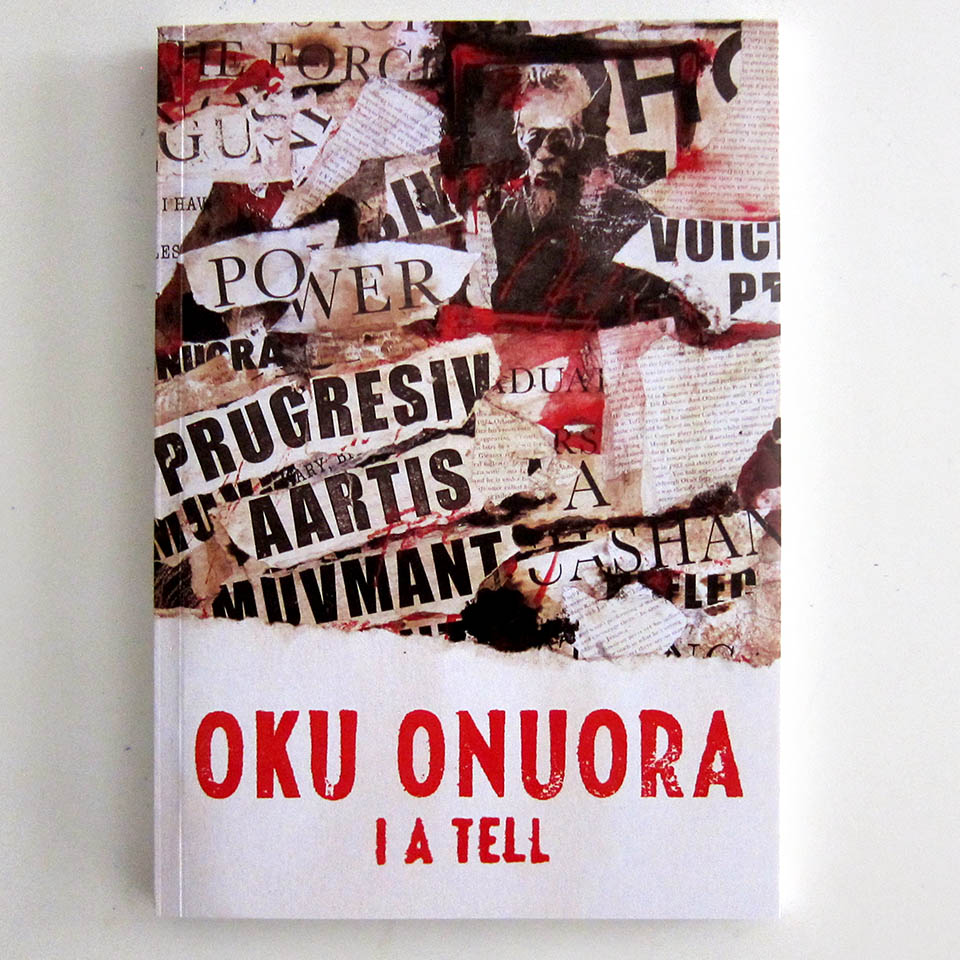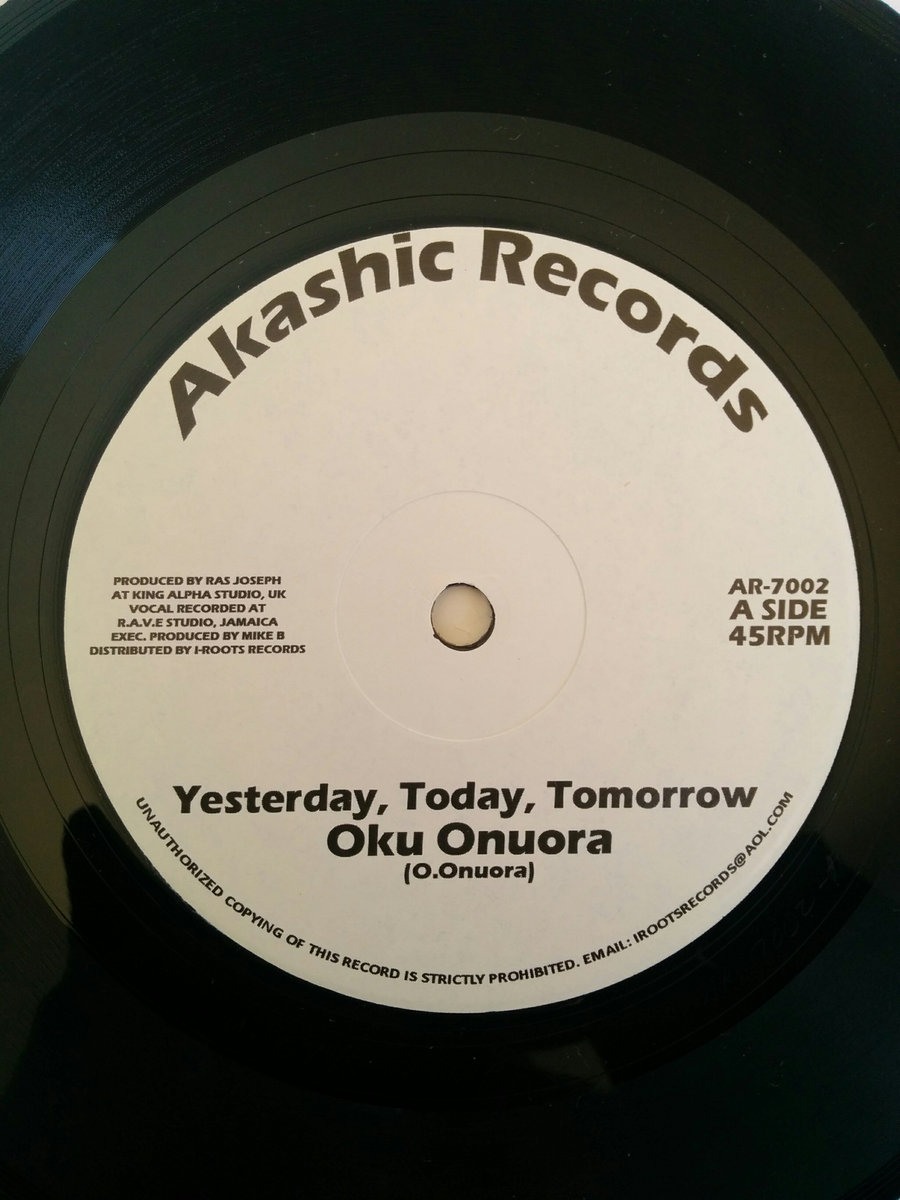

Also in 1977, several of his poems were published in Jamaica's national newspapers, including the Daily Gleaner and Jamaica Daily News.

His profile was further raised when he was allowed out of prison for a poetry reading at the Tom Redcam Library in 1977. Wong's poetry also won three prizes in the 1976 Jamaica Literary Festival. He considered himself a political prisoner, and continued writing, with his poetry finding an audience in the outside world after being smuggled out of prison, coming to the attention of Jamaican writers, especially UWI Professor Mervyn Morris. After the performance, however, Wong's poetry was declared "subversive" and his writing was confiscated from his cell. He began writing poetry in 1971, and became the first inmate to be allowed to perform with a reggae band in 1974 when Cedric Brooks' band The Light of Saba performed in the prison.

After attempting to escape twice (he was shot five times by the police during the first attempt), instigating a prison riot, and campaigning for prison reform, Wong was classed as a security risk and subjected to a harsh regime at the Fort Augusta Prison. After one of these robberies, of a post office, Wong was captured and sentenced to 15 years' imprisonment in 1970. When a project to provide a ghetto school and community centre to benefit the area's youths hit financial difficulties, Wong began engaging in guerrilla activities, based in the hills around Kingston, including armed robberies. Wong's rebellious nature initially led him to engage in demonstrations against police violence and painting slogans on walls. He grew up in the slums of Eastern Kingston's Franklin Town and received an informal education from a Rastafarian named Negus. Orlando Wong was born in Kingston, Jamaica, in 1952. He continues to write and record work for a release which he claims is imminent.Oku Nagba Ozala Onuora (born Orlando Wong, 9 March 1952), known as the "father of Jamaican dub poetry" is a Jamaican dub poet and performer. In 2010, Onuora announced plans to begin performing again as he had quit music in the late 1990's due to his disagreement with where local music was headed. In 1993 he returned to dub-poetry releasing another album which spoke out against injustice and oppression in Jamaica. After this album he began to focus more on writing plays and he took time out to perform live and tour across the Caribbean, US and France. He followed this with "Pressure Drop" in 1984, a full-length album which went on to become a classic. His first album "Reflection" was released in 1979 and it was the first LP of its kind as it was not made of singing but Onuora reciting his poems over a slow dub beat. Onuora soon dropped out of the school and left Jamaica to perform at the 11th World festival of Youth and Students in Cuba. The book was an instant success and it was then that he changed his name to Oku Onuora.Īfter his release from prison, he was granted a scholarship to the Jamaican School of Drama as his writing had won several local awards. The prison guards disproved of his writing and tried to ban him, but some of his work leaked and was published in 1977 in a book called Echo by Sangster Books. He tried to escape before being sent to serve his term, but was caught and classed as a security risk and so was sent to a higher security prison where he then began writing poetry as an outlet for his building anger. This landed him in jail as he was caught for his offences and sentenced to 7 years in prison. When this outlet did not calm his raging soul, he began to get violent engaging in guerrilla activities and robberies around Kingston. This led him to become involved in demonstrations and rallies against police violence and racism. As he grew, he began to develop a rebellious nature as he was dissatisfied with the conditions around him. He grew up in the slums of Kingston and there received an informal education from a Rastafarian known as Negus. Oku Onuora was born Orlando Wong in Kingston, in March 1952. Oku Onuora is one of Jamaica's best known dub-poets and he synonymous for his radical, subversive literature and performances which always mirror the voice of Jamaican people.


 0 kommentar(er)
0 kommentar(er)
